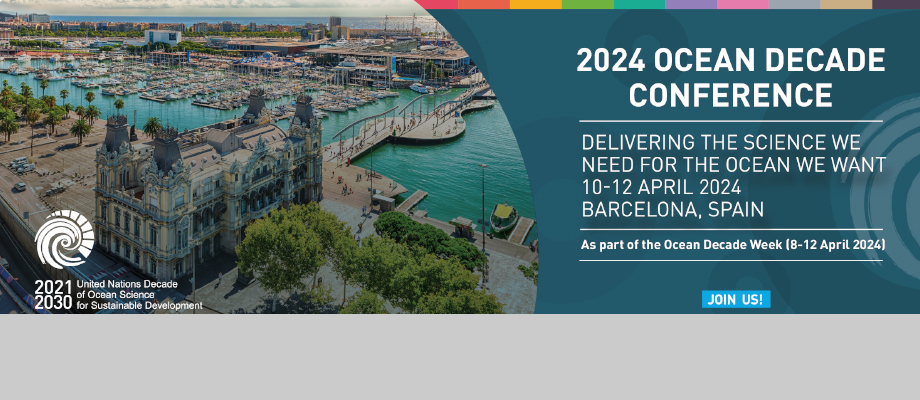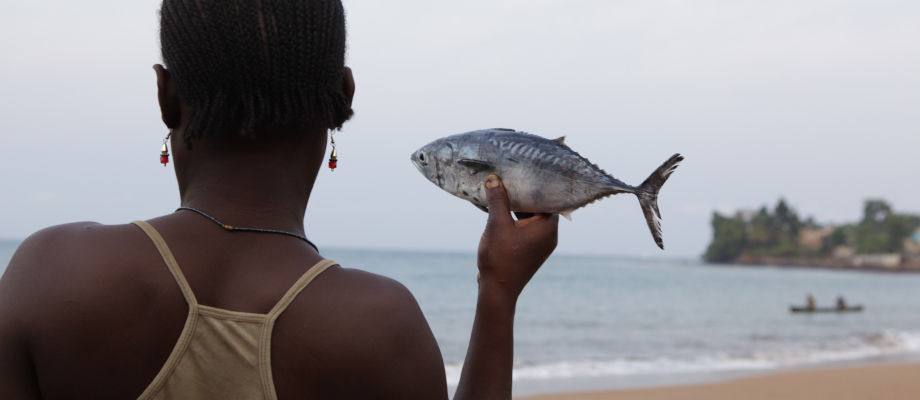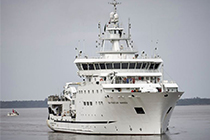In collaboration with 32 countries across Africa and the Bay of Bengal, the EAF-Nansen Programme is committed to improving fisheries management in line with the ecosystem approach to fisheries (EAF), strengthening the capacities of fisheries institutions and generating scientific knowledge on marine resources and ecosystems. The Programme is executed by FAO in close collaboration with the Norwegian Institute of Marine Research (IMR), funded by the Norwegian Agency for Development Cooperation (Norad), and one of the endorsed ‘Decade Actions’ under the United Nations Decade of Ocean Science for Sustainable Development (2021-2030) [more].
Highlights
Areas of work

Science
In partnership with research institutions in partner countries and regions, provide the knowledge base for the sustainable management of fisheries in the face of increasing fishing pressure, climate variability and change, pollution and other anthropogenic stressors
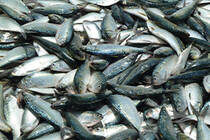
Fisheries management
Supporting fisheries management institutions in partner countries and regions to improve fisheries policy and management in line with an ecosystem approach to fisheries, including taking into consideration the risks and opportunities related to climate and other environmental variability and change

Capacity development
Developing institutional and human capacity for fisheries research and management, including the promotion of gender equality and effective participation of women in all programme activities
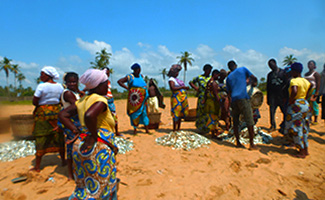
Through the EAF-Nansen Programme, partner countries in Africa receive technical assistance for the execution of the field projects. These include: supporting the implementation of the ecosystem approach to fisheries for the management of shared sardinella stocks in northwest Africa, supporting the implementation of EAF management plans for beach seine fisheries in the Gulf of Guinea, and supporting the implementation of the small and medium size pelagic fisheries management plan in mainland United Republic of Tanzania.

